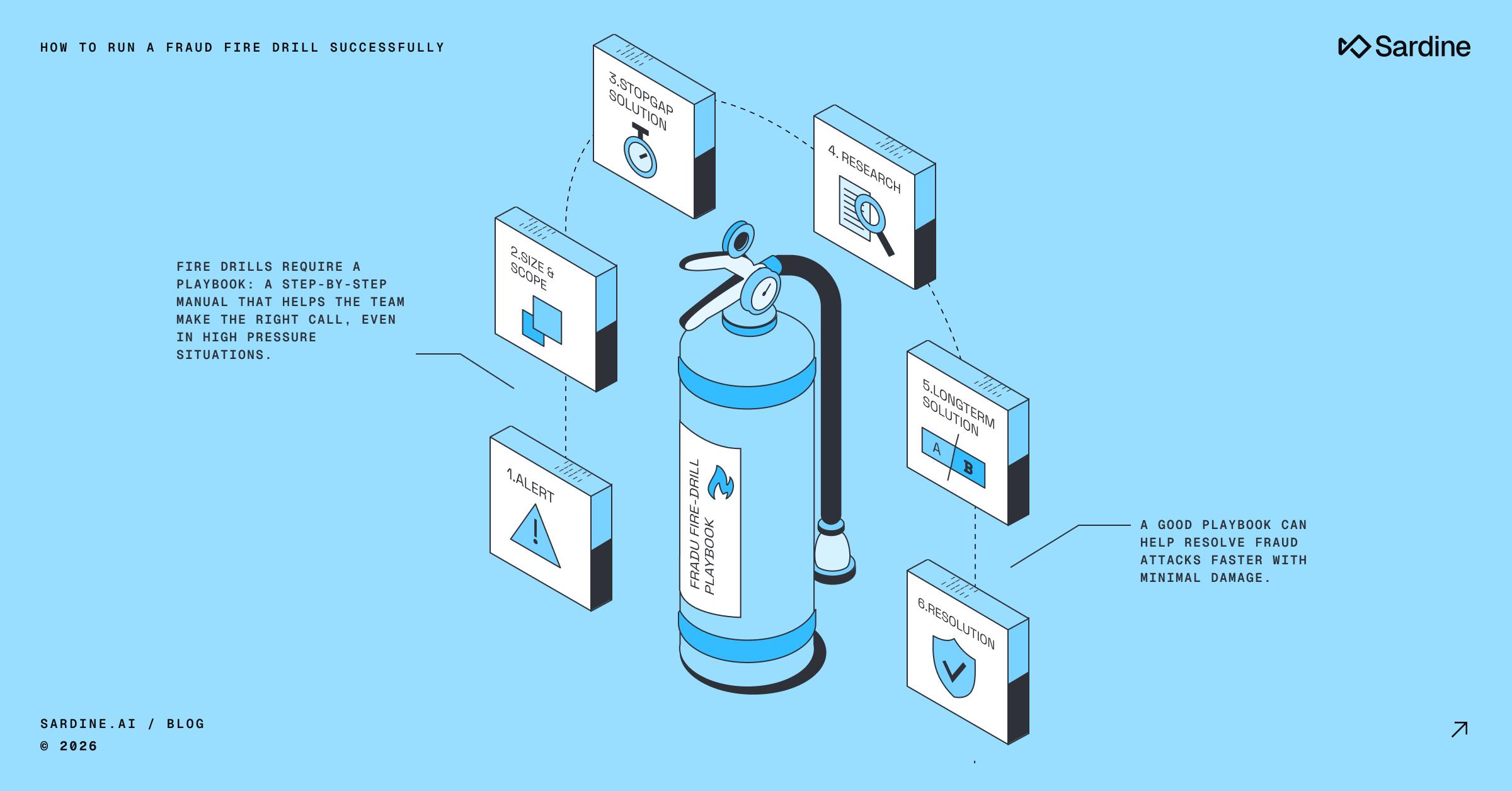The safest way into web3 with Juno and Sardine
Crypto and DeFi have two major problems restricting their mainstream adoption.
- The interface isn’t friendly, and the UX is often clunky and confusing.
- The most common scams, hacks, and frauds occur at the gateway and on-ramps to crypto services.
Juno’s crypto-friendly banking platform allows users to manage cash and crypto with a single checking account. The Juno-Sardine partnership enhances the crypto banking experience for users with the least possible friction and the highest compliance and fraud prevention levels.
Meet the banking app of web3
Juno is banking meets Crypto. Juno users have an all-in-one checking account for direct deposits and a crypto wallet that supports multiple crypto assets. Users can choose to get paid in crypto or fiat and make payments in a currency of their choice (crypto or fiat). Currently, Juno serves over 75,000 crypto natives in the US.
The reality of crypto today is that the user experience is broken. Despite the robust tech, existing web3 solutions have horrible UX or have highly complex wallets and exchanges that are nowhere close to the app experience of a sleek and sophisticated fintech product. Another issue that most users face is the high incidences of scams, hacks, and fraud. The FTC estimated that consumers lost more than $1.4bn to scams in 2021, not counting giant hacks like Axie Infinity, Wormhole, or Beanstalk.
The trifecta of high-risk transactions is the gateway to open accounts, fund accounts, and withdraw from Crypto into Fiat. Juno is solving this by building an app that’s slick enough for everyday banking and meets the highest level of compliance — that’s why Sardine was the perfect partner.
Perhaps the most critical action for anyone operating a business is onboarding. Account creation has to be as smooth as possible to retain users.
While many fintech companies and crypto wallets perform Know your Customer (KYC) checks at onboarding, the focus should also be on account creation frauds to weed out risk.
Detecting & Preventing Account Creation Fraud
Fraud prevention by withholding account creation is a highly effective way to stop fraud before it occurs. Account creation in financial services is a regulated activity. Companies must obtain their customer’s details, including proof of identity, proof of address, etc before they can open their account.
However, identity documents can be stolen, and there have been several instances where a customer may register and still be involved in fraud (intentionally or scammed). If account creation is too rigid, the added friction could damage growth. Sardine’s account opening fraud prevention product has established a fine balance between the two to validate authentic identity for products like Juno.
Sardine collects documentation and validates it against various data sources such as SSN databases, telco, and known stolen identity databases. When a user is being onboarded, Sardine’s proprietary tech profiles users by tracking real-user signals and behaviors like:
- The behavior of a single device in our network: Sardine checks if one device has suspicious activity in the Sardine network of clients. If there are any instances of those activities, the chances of fraud are higher, and we can catch that before they sign-up.
- Keyboard usage: How information is entered can give away if may be using stolen details. Small things can make massive differences. Which keyboard shortcuts do you use, and how often do you use some keys vs. others? There’s a pattern to how good users behave and a consistent pattern to how bad users behave.
- Sign-up accuracy: If the user breezes through the sign-up process like an expert, they’re more likely to be fraudsters. These people are much more accurate than real users because they have signed up for 100s of accounts in the past. Even if they try to obfuscate that behavior, it shows.
Sardine has 1000s of signals, ready-made rules, and ML designed to ensure our customers like Juno can detect and prevent account creation fraud.
“We will withhold account creation if Sardine signals that this could be a fraudster.”
Ankit Pandey, PM at Juno
Account Funding Fraud
If an account is not receiving a monthly paycheck as a direct deposit, it will be funded in other ways. Often wallets will enable ACH or card funding. But this is also a critical touch point for fraud prevention.
There are numerous signals Sardine uses to identify account funding fraud:
- Checking the source of funds against blocklists: E.g., Is this funding being done from a known stolen card or compromised bank account?
- Checking user details during wallet funding. Your friend would rarely use their bank account to fund your Crypto wallet. It may happen, but it’s suspicious.
We add this and more signals to the 1000s of devices and trace behavior signals at account creation to ensure nothing strange is happening to an otherwise good account.
Account funding can be frustrating for many customers who must wait 2 days before they can transfer funds from their primary checking account into Juno via ACH. But Sardine created a fast lane for the lowest-risk users. Customers with the lowest risk of fraud can get their funds sooner to buy or withdraw crypto instantly.
It’s crazy that in 2022, most banks and fintech companies do KYC almost instantly, but loading funds takes several days.
Crypto Withdrawal Fraud and AML compliance
Withdrawing Crypto is a critical risk point for any business operating at the intersection of Crypto and Fiat rails. In the past year, giant hacks by state-sponsored actors (like Axie Infinity) have drawn significant attention from regulators, including sanctioning the Tornado Cash service. Regulated businesses must ensure any withdrawal is compliant with AML regulations and minimizes the risk of scams, hacks, and fraud.
Sardine is one of the few “all-in-one” platforms that can seamlessly mix on-chain and off-chain data to ensure compliance and reduce fraud. Here’s how Sardine does it for Juno:
- Ensure AML compliance. Crypto wallets are increasingly being added to sanction lists like OFAC, and it is critical businesses like Juno do not allow the off-ramping of funds from these wallets.
- Identify wallets associated with scams and hacks. Crypto forensics can identify suspicious activity on-chain and ensure those wallets are blocked from connecting to the financial system.
We’re still exploring the potential to mix on-chain and off-chain data, and we’re excited about what it could lead to.
“It is critical to be AML compliant when withdrawing from Crypto to Fiat, and Sardine’s mix of on-chain and off-chain data helps us manage that.”
Siddharth Verma, COO, and co-founder, Juno
Making web3 simpler and safer
Many who navigate the web3 space find themselves juggling accounts, wallets, and 16-digit passphrases, but there are no platforms that make this all-encompassing with the least friction. Juno’s crypto-friendly banking experience combines everyday banking with crypto to simplify and streamline a consumer’s financial life. And this needs the highest level of compliance possible, and Sardine was the best partner to do this.
If you’re curious about how we make onboarding, funding, and withdrawals safer and simpler, why not contact us?



%20(1).avif)








